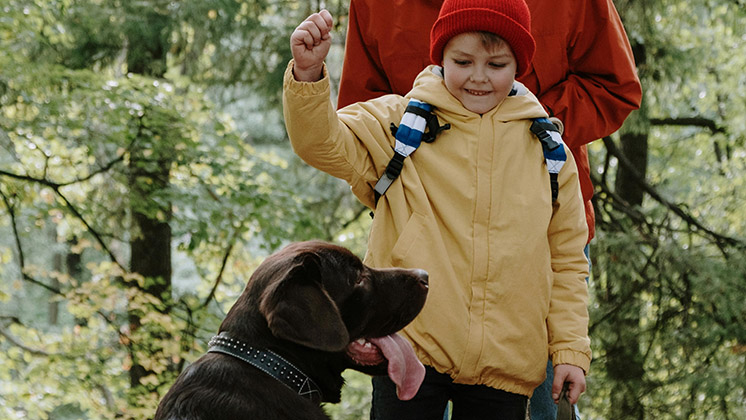Can Furry Coworkers Improve Mental Health at Work?

In a world where workplace stress is sky-high, some employers are turning to an unusual remedy: dogs. At a veterinary college in the Midwest, a long-running "Dogs at Work" program has been letting faculty and staff bring their pet dogs into the office. But do these four-legged companions actually improve work life—or do they just add another layer of distraction?
A recent study from Purdue University digs into this question, using in-depth interviews with employees who participate in the program. Here’s what they found.
The Power of Paws: Dogs as a Workplace Resource
Researchers used the Job Demands-Resources (JD-R) model to analyze how dogs in the workplace impact well-being. Here’s how the benefits stacked up:
Emotional Support
Dogs were found to be intuitive companions, offering comfort during tough times without judgment. They helped employees:
-
Decompress after emotional situations, like difficult client interactions or euthanasia cases.
-
Take needed breaks, acting as a healthy excuse to step away.
-
Feel supported through simple acts like cuddling or just being present.
Social Support
Dogs didn’t just help individuals—they helped build community:
-
They served as conversation starters, breaking down social barriers between coworkers and even students.
-
Employees felt their presence made the workplace friendlier and more connected.
-
The program was seen as a sign that the administration cared, boosting morale and feelings of support.
Not All Tail Wags: The Demands of Dog-Friendly Offices
It wasn’t all belly rubs and wagging tails. Participants also pointed out some challenges:
Increased Responsibilities
Dog owners had to be extra mindful of their coworkers' comfort and had to manage their dogs’ behavior, which could add stress.
Rule Enforcement Issues
Some dogs didn’t follow the rules—and since certification was a one-time thing, there was no system for ongoing behavior monitoring. This sometimes led to disruptive or even unsafe incidents.
The Bottom Line: A Net Positive with Room for Improvement
Overall, the program seems to improve employee well-being by offering emotional and social support. However, success hinges on having clear rules and, just as importantly, consistently enforcing them.
The study suggests that with thoughtful implementation, bring-your-dog-to-work programs could help reduce burnout and make workplaces healthier and happier—especially in high-stress fields like veterinary medicine.
Read the Research Paper
This article was based on the research of Dr. Leanne Nieforth and the HAPI lab. Read the research:
Suggested Articles

Can Animals Help Military Families Thrive?
Explore how animal-assisted interventions, including equine-assisted services and service dogs, support military families by improving emotional connections, resilience, and communication amidst unique challenges.
Read more
The Role of Pets in Managing Pandemic Uncertainty
Discover how pets became essential emotional lifelines during the COVID-19 pandemic, offering comfort, routine, and stress relief amidst unprecedented uncertainty.
Read more
Exploring Canine-Assisted Interactions for Children with ADHD
Discover how canine-assisted interventions, paired with cognitive behavioral therapy, enhance social skills in children with ADHD, fostering better human interactions and engagement.
Read more
